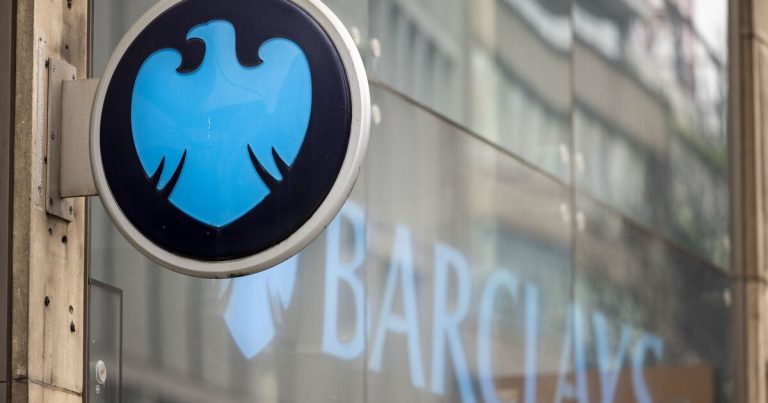
While the FTSE 100 is struggling to make headway amid inflation fears, Wall Street’s S&P500 index of top US stocks is flying.
The index crashed 20 percent in 2022, as war in Ukraine, rising interest rates and Chinese Covid lockdowns swamped the global economy.
Yet now it’s officially in a bull market after rising by the same percentage since early October.
The S&P500 is just 10 percent below its all-time high of 4,796.56, which it hit in January 2022, and investors are hoping for more growth to come.
In contrast to the UK, inflation is falling sharply in the US, and the Federal Reserve is expected to hold interest rates at 5.25 percent at its next meeting on June 14.
If US interest rates peak and the country’s economy avoids a recession, things could get even better for shares.
By contrast, the error-riddled Bank of England may be forced to hike rates to six percent as inflation is out of control over here.
Yet a closer look at this year’s dazzling US equity performance shows a stunning trend.
Just six big-name stocks are responsible for today’s growth and they’re all in the technology sector, says AJ Bell’s investment director Russ Mould.
“Alphabet, Amazon, Apple, Facebook-owner Meta Platforms, Microsoft and chip maker Nvidia have generated 88 percent of the S&P 500’s $3.8trillion £3trillion) gain in total market capitalisation in 2023.”
Mould warns that the market is relying on a worryingly tiny selection of shares and that is “usually a bad sign, not a good one”.
Together, they’re worth almost $10trillion and they’re starting to look very expensive amid the hype.
These six tech companies are forecast to earn a massive $295billion in 2023 but if they fall even slightly short their shares could stumble, Mould warns.
That isn’t deterring UK-based pension and Isa investors from piling into technology funds that target US tech.
Investor confidence in the US has been boosted by tech-fuelled stock market rally, says Emma Wall, head of investment analysis and research at Hargreaves Lansdown.
Confidence has also risen in Japan’s stock market, which has just hit a 30-year high.
Nothing boosts investor confidence like market returns, Wall said, as investors like to dive into an asset class while it’s hot.
US tech stock Nvidia has boomed thanks to the hype surroundind artificial intelligence (AI) and machine-learning technology, as it makes the graphic processing units (GPUs) needed to drive the revolution.
Nvidia’s shares are up a staggering 186.57 percent so far this year and it now has a market capitalisation of a staggering $1trillion.
It’s now part of the trillion-dollar stock club alongside US tech titans Apple, Microsoft, Google-owner Alphabet and Amazon.
Facebook-owner Meta has rebounded strongly after flopping last year and is up 117.51 percent this year.
Elon Musk’s electric car maker Tesla has also swung back into favour, rising 139.32 percent.
READ MORE: This stock market bull run is driven by ‘extreme greed’ so invest at your peril
Investors are snapping up tech funds and trusts to get a piece of the action. “Among the most bought funds in recent weeks are tech-heavy Baillie Gifford American and Legal & General US Index,” Wall said.
They are also snapping up specialist tech funds such as Legal & General Global Technology Index and Liontrust Global Technology.
Allianz Technology Trust and Polar Capital Technology Trust investment trusts are also in demand, Wall added.
Tech stocks may be booming but investors are wary of just about everywhere else in the world, with the exception of Japan.
Investor confidence has plunged in Asia-Pacific, Europe, emerging markets and the UK, Hargreaves Lansdown figures show.
While the tech resurgence is exciting, private investors have a track record of diving into red hot investment trends a bit too late.
Anybody who buys tech stocks now expecting the second half of the year to be as lucrative is likely to be disappointed.
“Past performance is never a reliable guide to the future,” warns Victoria Scholar, head of investment at Interactive Investor.
Today’s tech momentum may prove hard to maintain as valuations in the sector get expensive.
While no pension or Isa investor can afford to shun the US stock market, they should approach today’s extreme market with extreme caution.






